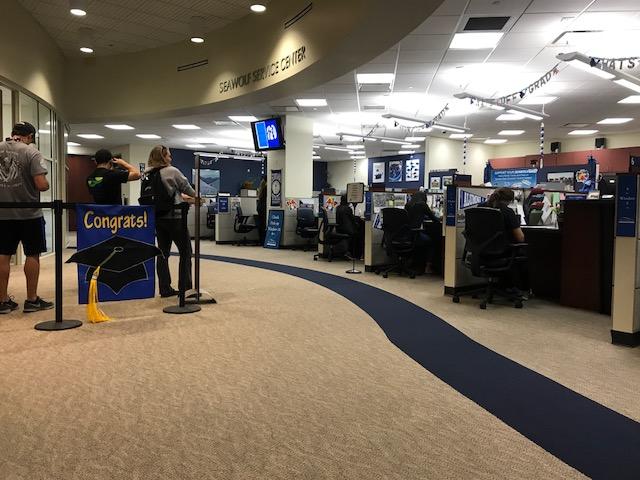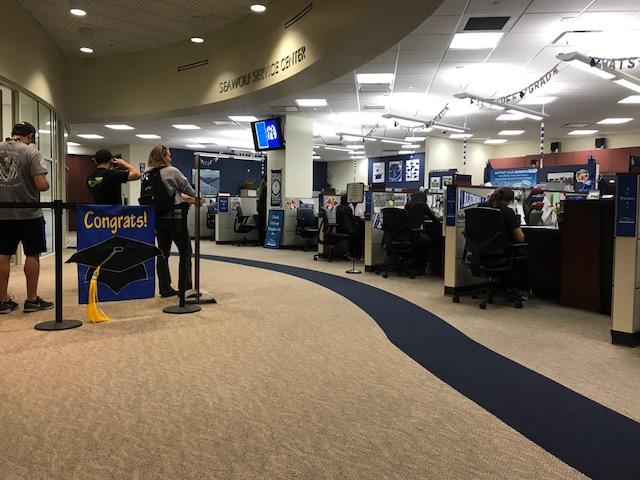Starting July 1, the university will be passing on a 2.75 percent feecharged by credit card companiesto those students who use credit to pay their tuition and fees.
Previously, Sonoma State University paid this fee for students, to third-party company CASHNet SmartPay, but the cost was approaching $1 million annually for the university. Sonoma State is encouraging students to pay by electronic check instead to sidestep the fee.
In an alert sent out to all students, Stan Nosek, the interim vice president for administration and finance and chief financial officer at Sonoma State, laid out the changes in the policy.
“The campus is not charging fees; it’s the credit card companies that are doing it, so none of that money will come to campus,” he said. “We’re the last of the 23 CSU campuses that are paying the fees to credit card companies directly. That comes right out of our campus budget,” Nosek said. “In every single case, whether student or parent, they’ll have the choice of not using a credit card. They can use an electronic check or paper check to pay those fees.”
A year of tuition costs $7,724. If a student chose to pay this by credit card they would be charged a 2.75 percent fee, equaling $212.
According to a 2015 study from Georgetown University’s Center for Education and the Workforce, more than 70 percent of college students have worked while attending school.
Many students are already familar with the burden associated with affording tuition, supporting one’s self and
balancing a work and school schedule.
“So, if I have this right, we as students are taking on a CSU tuition increase and are charged for paying these increased fees in a timely manner,” said Weston Henry, a junior physics major at Sonoma State.
This change does not affect other transactions on campus, only online payments. Student fees paid by financial aid will also not be affected.
According to Nosek, the savings generated by Sonoma State no longer paying this fee for students will go into student success initiatives. The money is not set aside for anything specific, but the school will use it to hire more staff that can help students.
This idea has been in the works for about five months, and the finance department consulted various committees and groups across campus to get feedback, most of which centered around ensuring students were not being charged extra fees.
Students can avoid the fee in any instance, per Stan Nosek, and the university will work with anyone who doesn’t know how.
The Seawolf Service Center will no longer accept credit card payments starting on Jan.) 1, 2018. This is also to avoid the university paying any fee to credit card companies. Sonoma State is looking into installing kiosks at the Seawolf Service Center where students can pay online via electronic check. Smaller purchases may still be allowed, and the university is still evaluating its options for accepting payments.





![[Both photos courtesy of sonoma.edu]
Ming-Ting Mike Lee stepped in as the new SSU president following Sakakis resignation in July 2022](https://sonomastatestar.com/wp-content/uploads/2024/04/CC4520AB-22A7-41B2-9F6F-2A2D5F76A28C-1200x1200.jpeg)



























